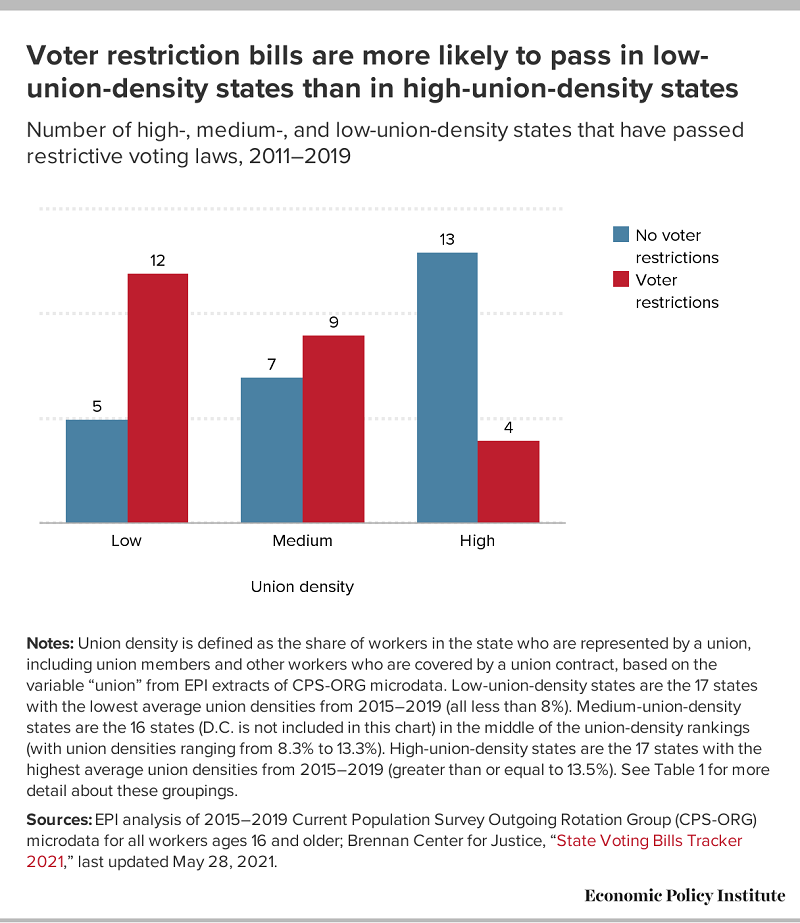GNDN Labor 101 Quiz
{"name":"GNDN Labor 101 Quiz", "url":"https://www.supersurvey.com/QPREVIEW","txt":"True or false, It is the explicit policy of the U.S. government to support workers to form unions and collectively bargain., True or false, It is the explicit policy of the U.S. government to support workers to form unions and collectively bargain.TRUE!The National Labor Relations Act, 29 U.S.C. §§ 151, states:“It is declared to be the policy of the United States to eliminate the causes of certain substantial obstructions to the free flow of commerce and to mitigate and eliminate these obstructions when they have occurred by encouraging the practice and procedure of collective bargaining and by protecting the exercise by workers of full freedom of association, self- organization, and designation of representatives of their own choosing, for the purpose of negotiating the terms and conditions of their employment or other mutual aid or protection.”, What does “right to work” mean?","img":"https://www.supersurvey.com/3012/CDN/93-4535409/voter-restriction.png?sz=1200-00000000001000011538"}
